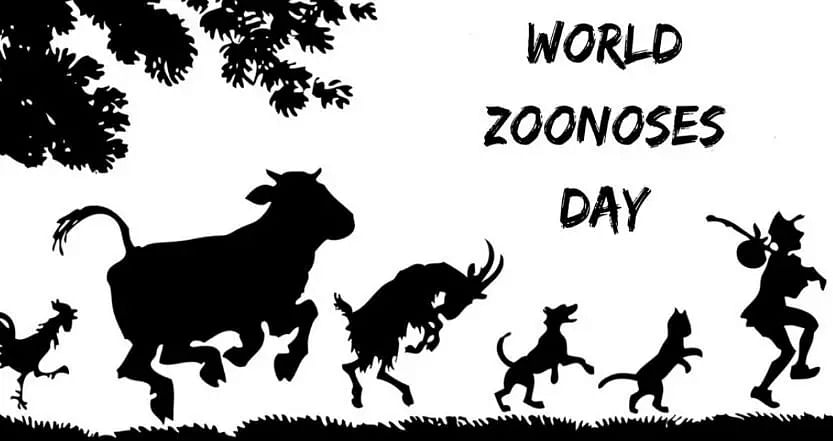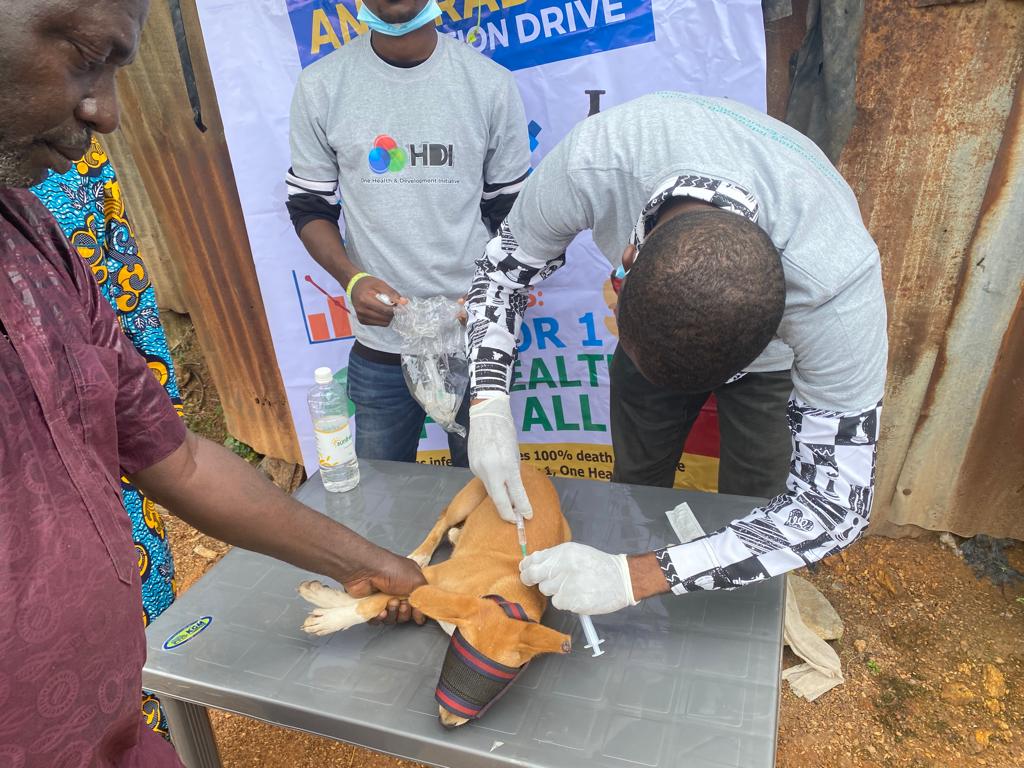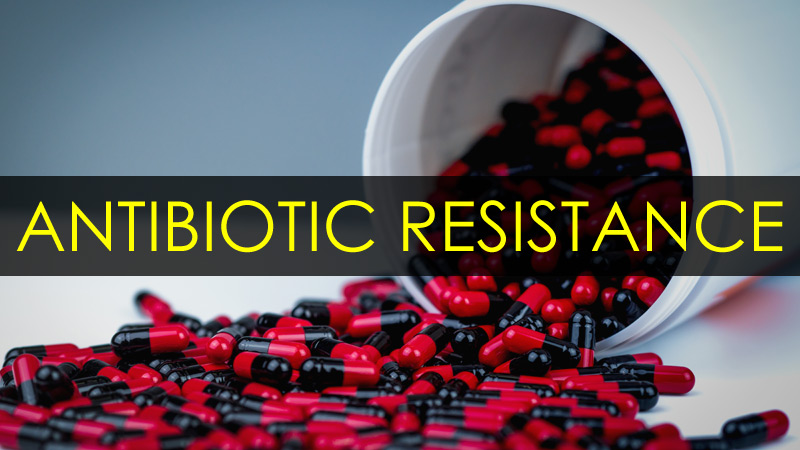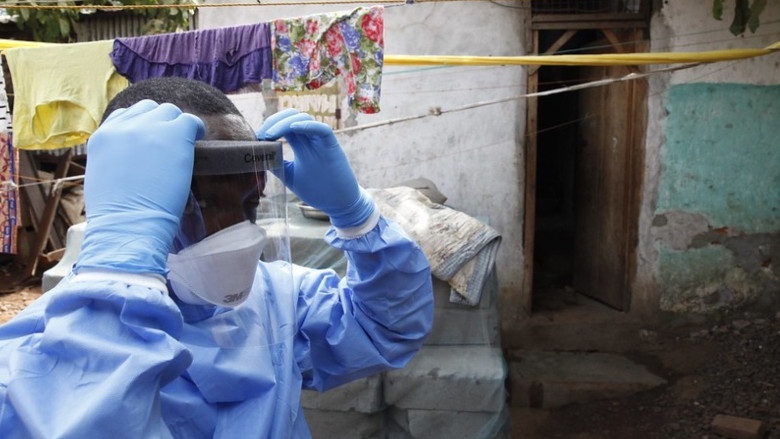Zoonoses are infectious diseases that are transmitted from vertebrate animals to humans. Zoonotic pathogens may be bacterial, viral or parasitic or may involve unconventional agents and can spread to humans through direct contact or through food, water or the environment. They represent a major public health problem around the world due to our close relationship with animals in agriculture; as companions and in the natural environment. Zoonoses can also cause disruption in the production and trade of animal products for foods and other uses.
First observed on July 6, 1885 to honour the success of French biologist Louis Pasteur, who administered the first vaccination against zoonotic disease, World Zoonoses Day is being celebrated in order to spread awareness on zoonotic diseases such as Ebola, Marburg viruses, SARS and MERS and emphasises the significance of pathogenic microorganisms that pose as potential threat to human health.
The advent of COVID-19 pandemic and previous pandemics have highlighted the significance and impact zoonoses have on human health. There is no better time to pay more attention to zoonoses than now. The public health systems need to be able to quickly identify the early signs of zoonotic threats and act promptly. There is also a need for public awareness on zoonoses; how they are transmitted and the ways they can be prevented.
Implementation of a One Health approach to managing zoonotic diseases is very important in breaking the chain of zoonotic transmission. One Health recognises the interconnection between the health of people, animals and our shared environment and aims to achieve optimal health outcomes through understanding and prevention of potential risks that comes from the interaction of humans, animals and the environment.
To break the chain of zoonotic transmission, a concerted effort is needed.
Happy World Zoonoses Day!





